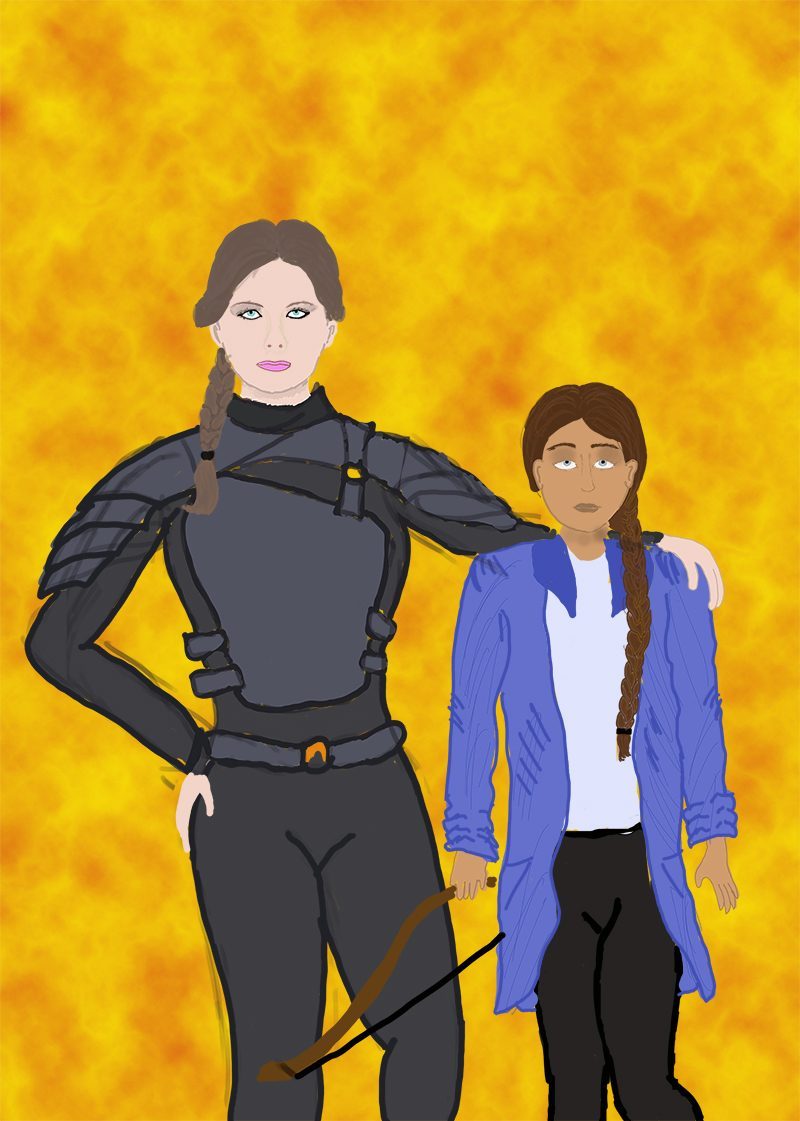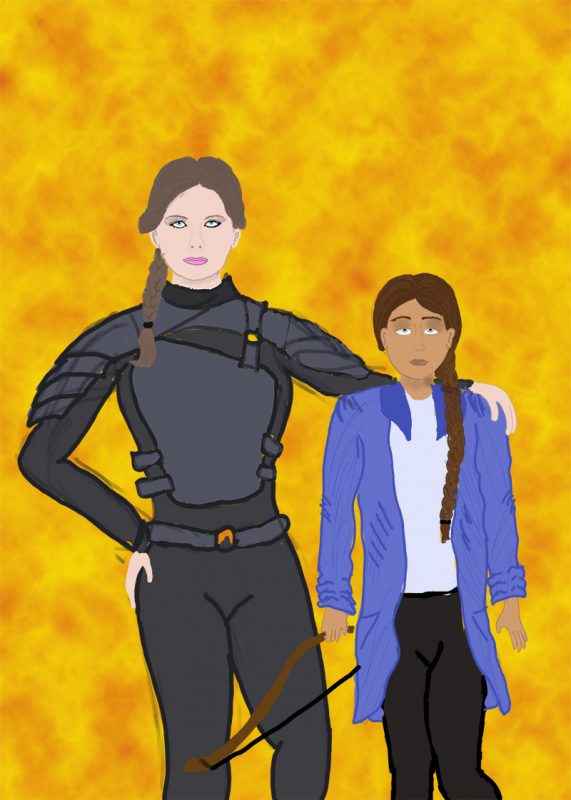Adapting to the film adaptation


A while ago, while wandering the bookstore, I noticed a copy of the novel Nocturnal Animals with a large, obstructing, eye-catching sticker on the cover, proudly announcing “Now a Major Motion Picture!”
This is a common practice for the sake of sales when these developments of adaptation occur, but then I noticed at the bottom of the cover the disclaimer “previously published under the title Tony and Susan.”
I wondered for awhile if it was ethical for the film adaptation to directly affect the way the novel is received and read just because, in the minds of the producers, the two have to be fundamentally linked together.
I take issue with this practice and believe that the two products, the novel and the film, should remain and be regarded as separate entities.
One may spring from the other and use it as a source to inform how it was created, but the switch between the different mediums of novel and film ensure that some things have to be changed to fit the new media’s schemata.
I always felt this was a known aspect of adaptation, yet the common flippant criticism when watching a film adapted from a book is always someone claiming that the “book was better.”
Off the top of my head, I’ve heard this critique applied to the Wachowskis’ Cloud Atlas, Paul Thomas Anderson’s Inherent Vice and of course Peter Jackson’s The Hobbit trilogy and I question what basis this statement has.
How do you compare a book and a film against one another in terms of their quality? You are dealing with two separate formats with their own set of conventions and believed requirements for quality.
The idea that one can impact your opinion of the other is ludicrous to me. One to one adaptation from book to film is fundamentally impossible, despite how prominent the process is, so why not just keep the two separate?
Treat them as separate entities entirely, where one cannot inform your opinion of the other.
If you operate under the idea that an adaptation has to be faithful in order to be good, you are only setting yourself up for disappointment when a chapter gets cut to fit into a conventional theatrical running time or when a detail gets changed to suit the whims of the director’s creativity.
Plenty of great films have been made because they understood the folly of using the source material as a sacred text, not to be deviated from. Look at Stanley Kubrick’s The Shining and Steven Spielberg’s Jurassic Park as examples.
Even a film like Spike Jonze’s Adaptation openly mocked the idea that a true to form adaptation can exist and that film became infinitely more fascinating because of it.
If anything, wanting a film to be as accurate as possible limits the creative potential of the resulting adaptation. A visual medium needs to take liberties from a purely textual one to make it more susceptible to the format.
A want for accuracy is reasonable of course, but having this being the only lynchpin to whether or not you like the resulting adaptation is not fair.
A bad adaptation does not necessarily mean a bad movie or else we’d have to discredit a lot of Disney classics for their butchering of the works of Hans Christian Anderson.
The book will always remain the same experience as you last read it, even if it gets republished with a new title or cover. So why not let the film be its own medium with its own merits, rather than a mirror of your thoughts on its source material?


